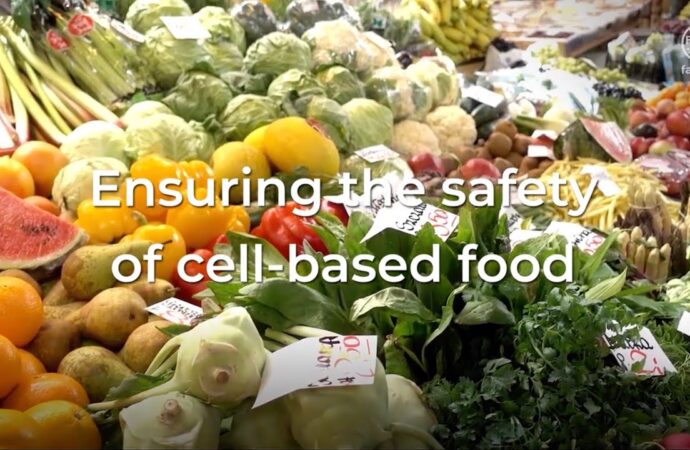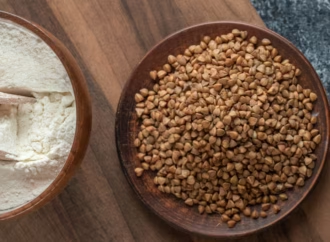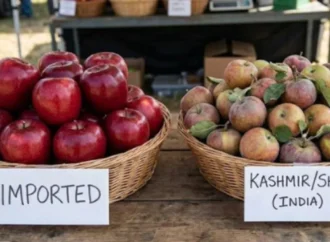Introduction
The The Food Standards Agency FSA and Food Standards Scotland (FSS) have secured £1.6 million ($2.1 million) in funding to launch a program focused on cell-cultivated products. While “cell-based,” “cultivated,” and “cultured” are preferred terms, alternatives such as “in vitro,” “artificial,” “fake,” “clean,” and “lab-grown” are also in use.
Cell-based products represent innovative food items created without conventional agricultural methods, such as raising animals or cultivating crops. By leveraging science and technology, producers cultivate cells sourced from plants or animals in controlled environments to create food items.
Building Knowledge
Currently, no cell-based products are authorized for human consumption in the UK. The FSA emphasizes the need to understand the production processes of these products to ensure their safety for consumers.
Over the next 24 months, the program will allow the FSA and FSS to hire a dedicated team. This team will collect scientific data on cell-based products and the technologies involved in their production.
This data will enable regulators to make informed and timely recommendations regarding product safety, addressing necessary inquiries before these products can enter the market. Additionally, the agencies aim to provide effective guidance to companies on safe production practices and safety validation.
The team will also offer pre-application assistance to businesses and address critical questions related to labelling.
“One of our most essential responsibilities is to ensure that consumers trust the safety of new foods,” stated Professor Robin May, FSA’s chief scientific advisor. He noted that the program would facilitate secure innovation, keeping pace with new technologies in the food industry and broadening safe food options for consumers.
Global Discussions on Cell-Based Food Safety
Meanwhile, the FAO (Food and Agriculture Organization of the United Nations) and WHO have published two reports on cell-based food safety. The first report, released in April 2023, focused on the “Food Safety Aspects of Cell-Based Food.” This study highlighted findings from a risk assessment of cell-cultured food. Experts observed that many risks associated with traditional food items also apply to cell-based products, underscoring the need for food safety authorities to prioritize the materials, inputs, and equipment used in cell-based food production. Regulatory specialists from Singapore and Qatar shared insights on their legal frameworks, with representatives from six countries agreeing on the importance of conducting food safety assessments.
The second report details a joint FAO and WHO meeting held in Rome in September 2023, which addressed the safety of cell-based food in the Near East region. The meeting attracted 53 attendees and showcased global efforts by the FAO and WHO, along with findings from a pre-event survey on existing regulations.
Participants emphasized the need for strong public awareness regarding cell-based food to drive progress, noting that general public knowledge remains limited.
Previous Efforts
Earlier this month, 60 experts convened in Toronto, Canada, to discuss cell-based food and precision fermentation. The Department of Agriculture and Agri-Food Canada (AAFC), with support from the FAO Liaison Office for North America, organized the meeting. Participants explored various technical issues related to foods produced through cell culturing and precision fermentation, focusing on the commercial and regulatory landscapes anticipated in 2024, particularly advancements in food safety technologies and techniques.
This event marked the third organized by the FAO, following the initial gathering with Israel’s Ministry of Health in 2022 and a subsequent meeting with the China National Center for Food Safety Risk Assessment in 2023.
Source: Food Safety News
 Food Manifest
Food Manifest 


















